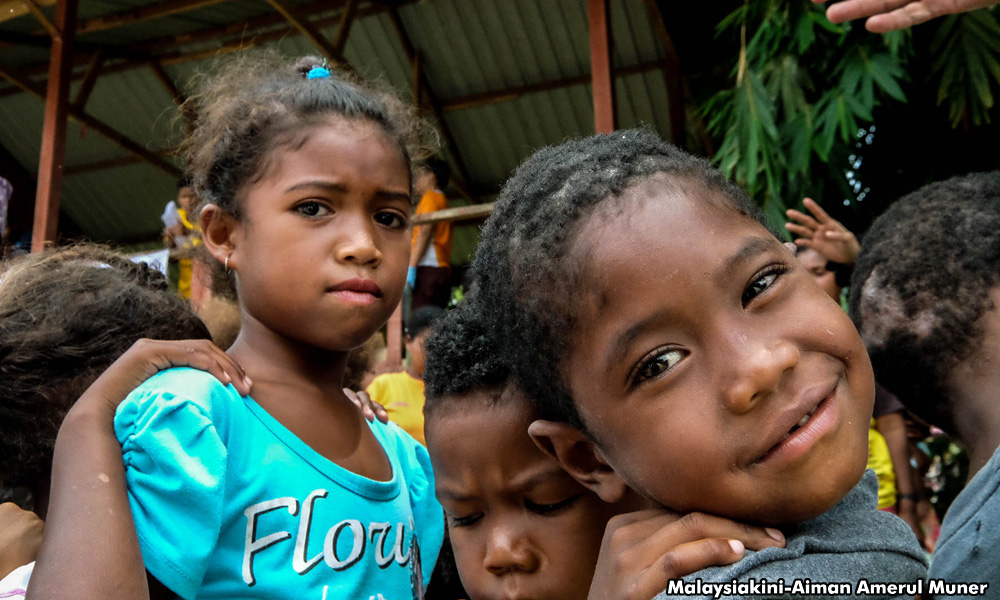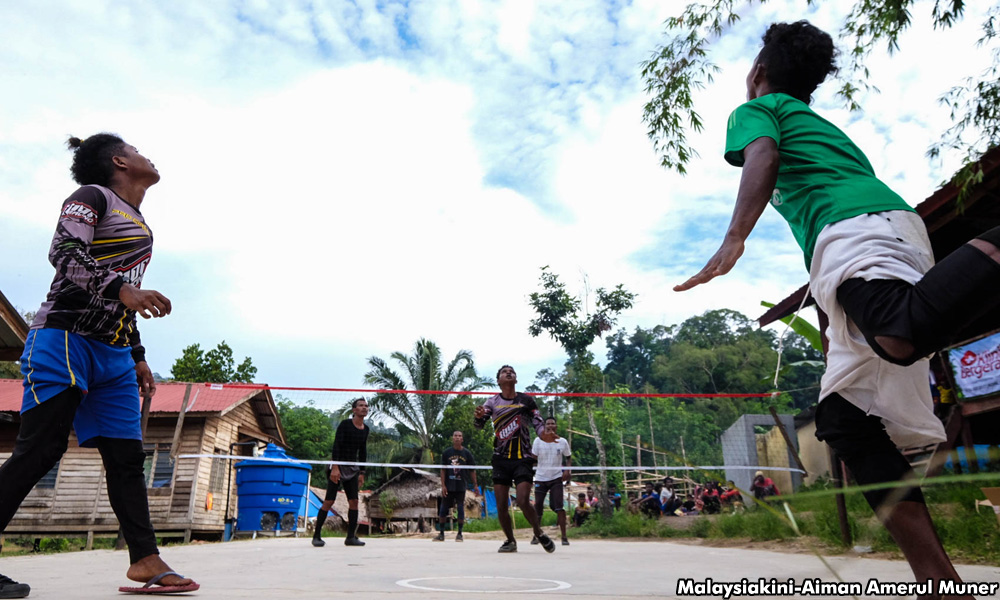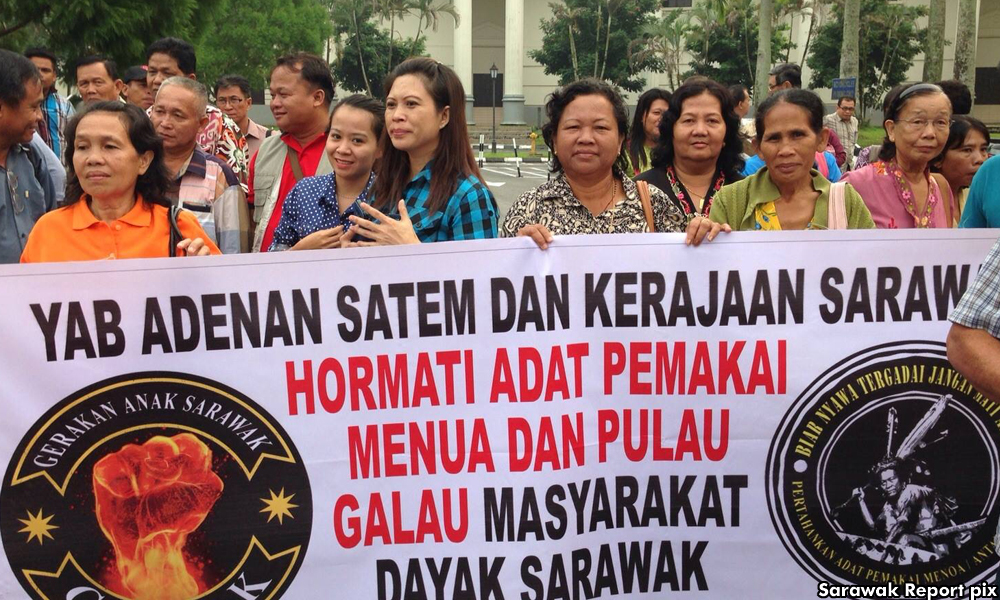
A UN representative has urged Malaysia to fully implement the intergovernmental body’s past recommendations regarding the cultural rights of indigenous peoples in the country.
The UN special rapporteur on cultural rights Karima Bennoune also urged Malaysia to invite her counterpart dealing with the rights of indigenous peoples to visit the country “as a matter of priority”.
She said this in her preliminary report released yesterday, following her visit to Malaysia at the federal government’s invitation.
“Considering the number of recommendations that have been made in the past by international bodies and experts, more significant steps must be taken with (not for) the Orang Asli on this matter.
“The past recommendations made by relevant UN bodies on the cultural rights issues confronting indigenous peoples in Malaysia must be fully implemented without delay. The special rapporteur on the rights of indigenous people should be invited to visit the country as a matter of priority,” she said in her report yesterday, which is over 6,200 words long and covered a wide range of issues.
Among others, she said the Orang Asli in Peninsular Malaysia reported facing pressure to become Malays, particularly in schools, including attempts to declare them as Muslims in their identification documents and “material inducements” to convert.
She said there had also been bullying in schools targeting Orang Asli children, which contributes to the incidence of dropping out. In addition, she noted that Orang Asli children had been reportedly pressured into joining Muslim prayers and wearing headscarves.

“All relevant agencies must take a strong position against this harmful practice and develop and implement a systematic program to fight against it and provide tools for the teachers and school administrators to prevent and resolve it,” she said.
On another issue, Bennoune noted that the Orang Asli are being displaced by infrastructure and other large-scale development projects, which leads to a loss of their customary land.
“Loss of their lands means the active destruction of their ways of life, including their possibility to transmit the rituals, beliefs, knowledge and practices related to it,” she said.
She said giving recognition to their customary land would entail mapping Orang Asli presence. This should account not only for their current land use but also their future needs, she said.
As for the natives of Sabah and Sarawak, Bennoune noted that the Federal Constitution has granted them some recognition, protection, and autonomy compared to their counterparts in the peninsula.
However, native customary land remains an issue in Sabah and Sarawak, and over 400 cases still await judgement.

She said the issue had been raised before in the previous Universal Periodic Review under the UN Human Rights Council.
She said a taskforce had been subsequently set up to address this, but some stakeholders seem to be unaware of this and had not been approached or consulted about its work to identify and recognise customary lands.
“The Special Rapporteur looks forward to receiving further information from the authorities of Sarawak, which she is told is forthcoming,” she said.
Bennoune added that some Sabah and Sarawak natives are also facing pressure to conform culturally.
As an example, she said culturally significant tattoos are starting to be seen negatively.
“[It] reportedly may now be prohibited for police officers, a rule which the special rapporteur (Bennoune) was told may lead to invasive physical exams.
“Such cultural coercion and fear of it may lead indigenous peoples to remove their children from school which perpetuates their marginalization,” she said.
Meanwhile, she lauded that indigenous peoples of Sabah and Sarawak had been given active roles in the management of parks and reserves, as well as the representation and integration of arts, crafts, traditional costumes and performances in museums, touristic products and the national arts academy’s curriculum.
However, she said more needs to be done to preserve the mother tongues of indigenous groups throughout Malaysia.- Mkini


No comments:
Post a Comment
Note: Only a member of this blog may post a comment.